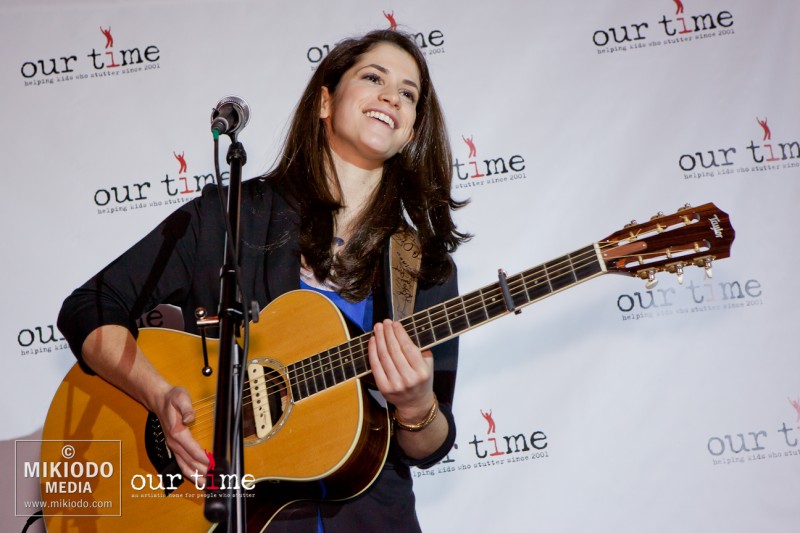Silence Came with a Heavy Cost

Rebecca Klein –
I always thought my stutter would be gone by now. While growing up, I never quite worried about the way I spoke because as painful as it was at times, I found salvation in thinking it would go away. I believed that one day my stutter would be a memory of my childhood, something I could pretend to forget. As naïve as I know I was, I don’t regret holding that hope for all the years I did. It’s what helped me fall asleep most nights. However, the intensity at which I harbored this hope transformed it into more than a simple birthday wish or daydream. As the years ticked by and my stutter tenaciously remained, I grew panicked. Getting rid of my stutter became an obsession. At fifteen, the age I had promised myself I would speak normally, I sought desperately for any door that would lead me to fluency. Upon opening the nearest, easiest one, I landed myself in a room of silence.
Although silence was eerily quiet at first, this room became a sort of home. I sat in there for days on end, refusing to leave. After all, I had found a cure for my problem: If I didn’t talk, I wouldn’t stutter. Unfortunately, silence came with a heavy cost. Comfort quickly became confinement, and the thrill of not stuttering shifted to a deep ache of loneliness. My room of silence was not a home but a prison. My stutter became an illusive shadow and as freedom felt more and more unattainable, I started to foresee a future of painful isolation, maybe one that wasn’t worth the struggle.
During the summer of 2011, I joined SAY. Within moments of meeting Taro and everyone else involved, my life changed. I was no longer alone. Now, at eighteen years old, I’d like to tell people that I fought and defeated my stutter with my own two hands, or that I clawed my way out of my silent prison and reached an incredible freedom, but I’d be lying. I still stutter. However, my stutter has not defeated me. Although the physicality of stuttering can be awkward, unpleasant, and embarrassing, stuttering is much more than vocal blocks and repetitions. Stuttering is pain. It’s the gripping fear of being judged for sounding different and it’s the fervent pursuit of silence that can only end in loneliness.
By giving me a community, SAY has turned my loneliness into independence and my fear of speaking into a passion for communication. My stutter and the people I’ve met because of it have shaped me into someone that I never dreamt I could be. All I wanted growing up was to get rid of my stutter. Now, I believe it’s too embedded in my soul for me to ever truly want to give it up. Though there are days when I wish for fluency, these wishes are superficial and fleeting thoughts. To lose my stutter would mean to lose a part of me. SAY has also taught me that although my struggles are daily, my victories are right in front of me, present in my voice. Every sound I make, spoken because I have something to say, is triumphant. Stuttering may be out of my control, but silence is a choice. I can choose to be quiet when I’m feeling quiet, and I can choose to speak when I feel that my thoughts should not go unsaid. I am free.